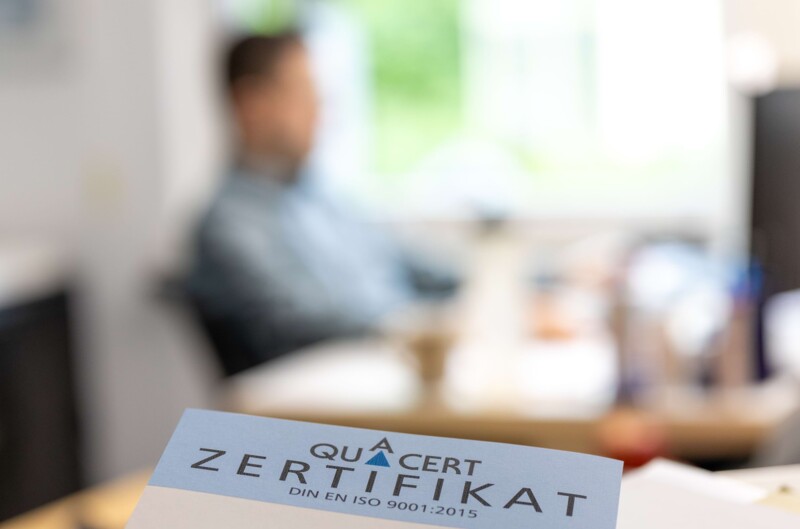Das rasante Tempo, mit dem Märkte sich wandeln, erhöht die Anforderungen an Unternehmen. Diesen Anforderungen gerecht zu werden setzt die Bereitschaft voraus alle Prozesse immer wieder auf den Prüfstand zu stellen.
Besonderen Weitblick zeigen Unternehmen, die nicht nur Teilbereiche verbessern, sondern sich kontinuierlich und ganzheitlich optimieren. Es beinhaltet strategische Werkzeuge und Methoden der Unternehmensführung zur Optimierung betrieblicher Prozesse mit langfristiger Wirkung. Ein Managementsystem leistet dies in besonderem Maße.
Mit einer Zertifizierung dieses Managementsystems soll unabhängig bestätigt werden, dass zum Beispiel bestimmte Anforderungen und Normen eingehalten werden. Für Unternehmen können solche Zertifizierungen innerhalb des Wettbewerbs vorteilhaft sein.






